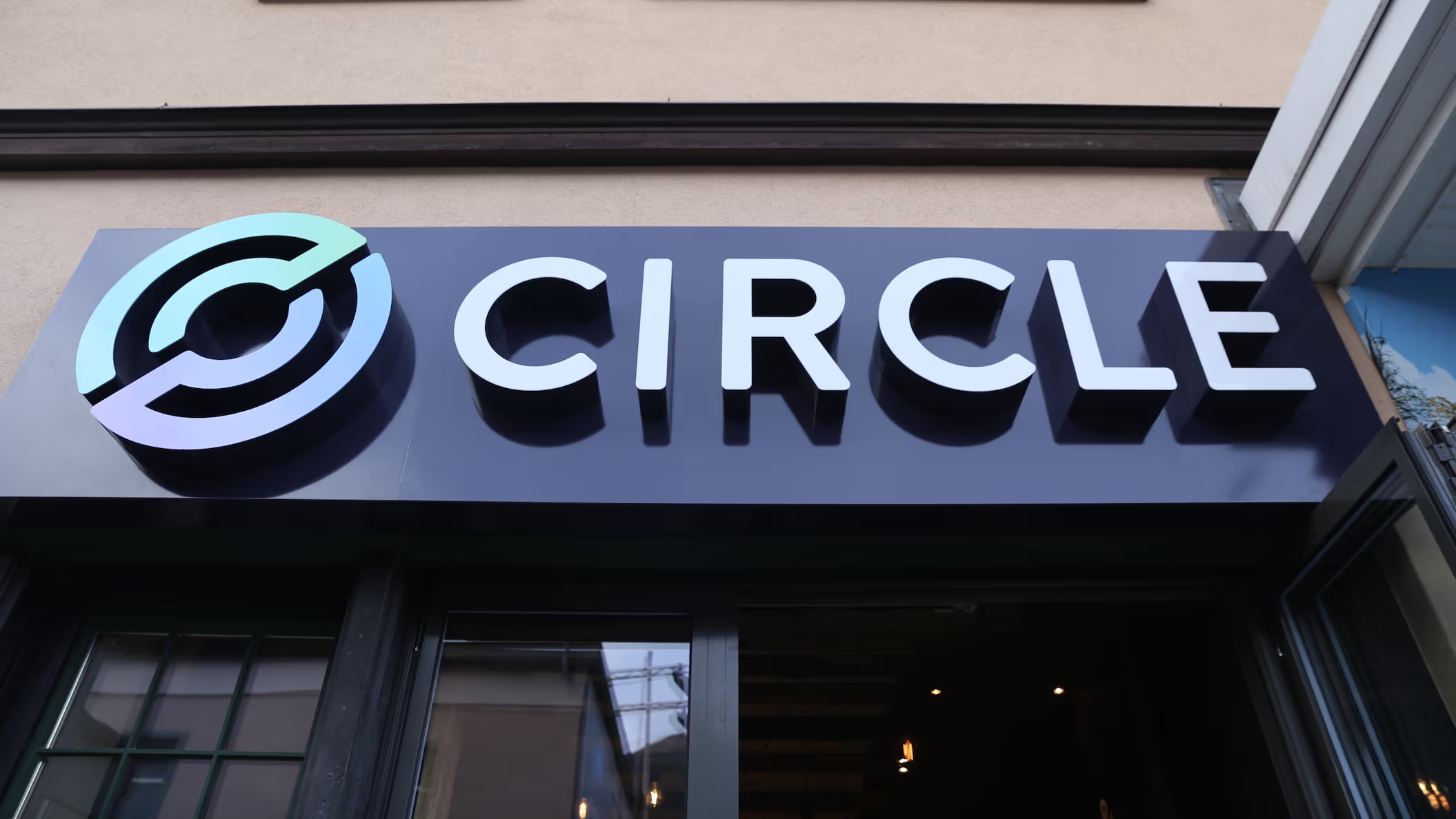

5 things you should know about the fintech industry and its players in Nigeria
In the early 2000s, before the existence of the fintech industry and its players in Nigeria, brick and mortar banks were the go-to places for making and receiving payments.
During that period, the need for physical cash was so immense that people doing bank transactions — from deposits, withdrawal, bills payment to debt settlements, fundraising and other financial activities — could barely make progress without raw currencies being made available.
While these physical dealings were the order of the day, they aren’t without corresponding struggles. Besides the long queues in (mostly congested) banking halls and low response time to customers’ complaints, another major challenge then was the risk of moving around with large sums of money.
With all these established, if you’re considering delving into the Nigerian fintech space, here are five crucial things you really need to consider and be in the know of.
First on our list is the rush of fintech players to extend their bite to other sectors.
Every player wants to become “The Super App”
Beyond offering digital payment services, fintech startups are now diversifying their services and in a way, the coronavirus pandemic has a part to play in this move.
For instance, four months after Flutterwave secured $35 million in a Series B round, it launched Flutterwave Store: an online digital shop for African business owners to sell their products.
According to the company, the development is its way of responding to the coronavirus pandemic that has raged many countries in the last five months.
Similarly, Paystack made a play for the eCommerce industry when it launched “Paystack Commerce“. The platform is a combination of free tools to help African businesses sell physical and digital products online. The eCommerce tool, Product Link, will help businesses display their products to potential customers.
Read also: Why is Nigeria’s struggling eCommerce space recording new entrants amid pandemic?
Another platform that expanded its product is OPay — the Opera-backed company. In 2018, OPay launched into the fintech space in Africa with a loan feature, OKash. Before the lending platform was removed from the “super app”, the company claims to offer collateral-free loans between ₦2,500 ($6.46) to ₦60,000 ($155) with a loan term of 91 to 356 days and a maximum interest rate of 24%.
But in 2019, subsequent to removing the app on its platform, it expanded and became a standalone app. Currently, OKash has over a million downloads on Play Store.
While all these industry players have their distinct modalities, there are specific features that are common to fintech in Nigeria.
High barrier to entry in the space


Unlike the eCommerce space where there is a low entry barrier, it’s not the same for the fintech industry as the hurdle to enter into the sector is on a high side.
For instance, to operate a mobile money platform in Nigeria, there’s a need to obtain a license from the CBN. In the Guidelines for Mobile Money Services in Nigeria released in 2018, any company applying for mobile money and national microfinance banks license must provide evidence of shareholders’ fund of ₦2 billion ($5,256,077.354).
Other licenses are restricted to a “single state (state licence) or a single office (unit licence) but come with capital requirements of ₦100 million and ₦20 million respectively.” Unquestionably, this restricts other new entrants from delving into the industry.
Despite the glaring reality about entry difficulty, existing players like PiggyVest and Carbon found a way to circumvent these challenges by entering into partnerships with already established financial institutions — microfinance banks or otherwise — to leverage their operating licenses in order to obtain the necessary credit rating. It’s also interesting to mention that in early 2018, PiggyVest acquired Gold microfinance bank and its license — a feat which isn’t so common for new entrants.
Next is the battle for slim customers margin.
Battle for survival within the industry


The battle for survival is really intense in the Nigerian market and this is visible in the estimated number of fintech companies in operations. It is projected that there are about 210-250 fintech companies in operations hence each startup is competing for the market share, to boost valuation and increase revenue.
This has forced even the traditional banks to begin creating new means to survive amidst the numerous innovating digital banking space. But it could lead to more partnership between traditional banks and fintech companies in a bid to deliver digital services.
On the other hand, to keep providing customers with satisfactory services and also to retain them, fintech startups are launching new features, increasing their interest rates on savings.
Regulations here and there


The growth recorded by the fintech industry attracted both policymakers and investors. Bearing in mind that the fintech space is regulated by the CBN, it’s easy for the apex bank to set up policies and regulations for the industry.
In June, in a move to provide regulatory lapses for fintech innovations, CBN released a new framework for statutory sandbox operations in Nigeria. The sandbox enables companies to live test their products in a domain managed by the apex bank. This means that fintech companies may need the approval of CBN before a product is being launched.
Asides the CBN, the Securities and Exchange Commission (SEC), the National Information Technology Development Agency (NITDA), the Nigerian Communications Commission (NCC), and The Nigerian Communications Commission (NCC) also regulates fintech service offerings.
Though it’s not looking like things will change in favour of the startups anytime soon, the players keep taking different actions to invent solutions within the regulatory environment.
Fintech equals big capital… most times


Imagine that you wanted to withdraw from your savings account from any of the fintech apps and you receive an error message. After all attempts proved abortive and upon checking social media, many people are having the same issue, the first thing that probably comes to mind is the company has shut down.
To avoid such errors, there’s a need to hire and heavily pay for the team — both local and foreign — that will constantly work on effectively managing as well as maintaining the app and other structures.
With a market that’s capital intensive, one may begin to wonder what is the available market size considering that an average person in Nigeria doesn’t have the disposable income to even decide on a savings plan. And how do these companies make money to fund the expenses?
For Paystack, they charge 1.5% and an additional ₦100 on every local transaction. But, transactions below ₦2,500, don’t attract the additional ₦100 charge. While for international transactions, the charge is at 3.9% and there is also an additional ₦100 fee for every transaction which will not be waived under any circumstance.
In a similar fashion, Flutterwave charges 1.4% processing fee on local transactions and 3.8% for international payments.
Undoubtedly, the fintech space in Nigeria appears to be booming despite the challenges it’s been faced with. The future of the industry will be an interesting one to look forward to.
Featured image source: Getty Images
Got a story worth telling? Shoot us an email with SUBJECT — “Story Worth Telling” — to [email protected].




